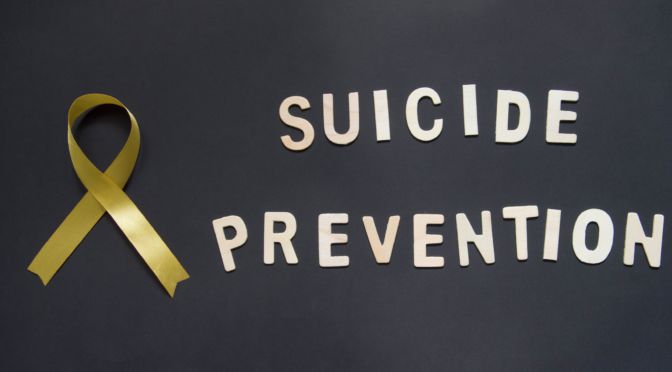
July 27, 2022 (New Carrollton, MD) — The Bizzell Group is proud to provide direct support to the National Cancer Institute, part of the National Institutes of Health, in the development of Tobacco Control Monograph 23—Treating Smoking in Cancer Patients: An Essential Component of Cancer Care. Released on June 29th, the monograph expands upon prior research from the 2014 and 2020 Surgeon General’s reports to inform clinicians and their patients with cancer about the science and practice of quitting smoking. The monograph also builds on recent findings from the National Cancer Institute’s (NCI) Moonshot℠ Cancer Center Cessation Initiative (C3I) program. “The monograph provides evidence that clinicians, public health practitioners, researchers, and patients with cancer can use to help influence real-world change in the treatment of patients with cancer who smoke. I am grateful for the opportunity to collaborate with NCI and subject matter experts to produce a rigorous volume on such an important topic,” said Jenny Twesten, Managing Director of Health Communications & Research at Bizzell, who oversaw the editorial and publication support for the monograph.
Smoking cessation treatment is rarely addressed in cancer care settings, yet the research summarized in the monograph demonstrates that quitting smoking is among the most effective treatment options for improving the likelihood of survival, quality of life, and overall health of people with cancer who smoke. The monograph also provides clinicians with evidence-based strategies and treatment options they can implement to better address smoking with cancer patients.
“Monograph 23 leverages prior academic research to demonstrate that addressing smoking cessation within the cancer treatment protocol yields tremendous benefits. I am greatly appreciative of the rigorous development process led by the Federal staff, Scientific Editorial Committee, peer-review experts, and the Bizzell team” said Anton C. Bizzell, M.D., President and CEO of Bizzell.
To read the full monograph, please visit: cancercontrol.cancer.gov/monograph23
About Bizzell
The Bizzell Group (Bizzell) is a strategy, consulting, and technology firm that designs innovative solutions to help build healthy, secure, and sustainable communities in our nation and around the world. Bizzell leverages the combined experience of our diverse subject matter experts to develop data-driven, research-informed answers to the world’s most complex challenges—ensuring our clients achieve their vision and goals. Bizzell provides support to the National Cancer Institute, National Institutes of Health, Department of Health and Human Services through contract number HHSN261201700004I. For more information, visit: The Bizzell Group.







